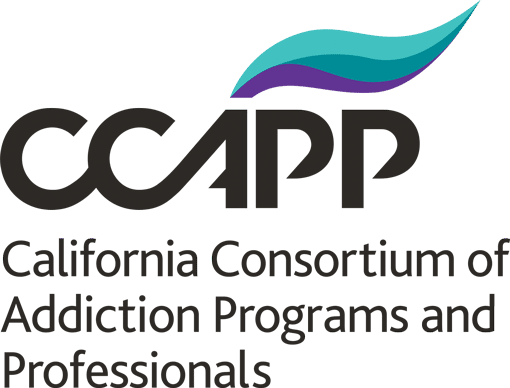
Drug abuse isn’t just about physical health; it takes a toll on mental well-being too. It can stir up intense emotional and psychological distress, causing people to get caught in a cycle of dependence and worsening mental health. Spotting the emotional signs of drug abuse early on is crucial for stepping in and offering the right support.
Continue reading to explore the connection between drug abuse and mental health and learn about the emotional red flags that may indicate substance abuse in a person.
The Link Between Drug Abuse and Mental Health
Drug abuse and mental health often have a strong connection. People sometimes resort to drugs to manage emotional pain, stress, or mental health concerns like depression, anxiety, or trauma.
Unfortunately, the short-term relief offered by drugs can swiftly transform into a harmful routine, making existing mental health problems worse or even giving rise to new ones. Substance abuse might disturb the brain’s chemical balance, making emotional stability even trickier and intensifying the symptoms of mental health disorders.
Emotional Signs of Drug Abuse
Extreme Mood Swings
Frequent and extreme changes in mood can be an emotional sign of drug abuse. A person struggling with substance abuse may go from elation to depression or anger in a short span, without apparent reasons.
Social Withdrawal
People involved in drug abuse might begin isolating themselves from family, friends, and activities they once cherished. They could show more paranoia, mistrust, shame, and guilt, causing them to distance themselves from their support circles.
Anxiety and Irritability
Drug abuse can heighten anxiety levels and lead to irritability, making even minor stressors seem overwhelming. This can also result in outbursts of anger or aggression.
Emotional Numbness
Some drugs can create a numbing effect on emotions, causing a person to feel detached from reality or emotionally indifferent.
Depression
Prolonged drug abuse can lead to or exacerbate symptoms of depression, such as feelings of being misunderstood, hopelessness, sadness, and a loss of interest in activities.
Increased Sensitivity
People abusing drugs might become overly sensitive to criticism or perceived slights, leading to defensive and argumentative behaviors.
Changes in Sleep Patterns
Substance abuse can disrupt sleep patterns, leading to insomnia or excessive sleepiness.
Suicidal Thoughts
Someone dealing with drug abuse and mental health problems might communicate feelings of self-harm or suicide. If you come across someone discussing suicide, it’s important to seek assistance right away.
Lack of Interest in Personal Hygiene
Neglecting personal grooming and appearance may indicate emotional distress resulting from drug abuse.
Poor Concentration and Memory
Using drugs excessively can harm cognitive functions, causing problems with focus, memory, and productivity.
Drug abuse significantly affects mental health, worsening current problems and presenting new hurdles for the person involved. Offering empathy, comprehension, and early intervention can play a substantial role in assisting someone in breaking away from substance abuse’s hold and enhancing their mental well-being.
If you or a loved one is struggling with addiction, don’t wait any longer. Take the first step towards lasting recovery by reaching out to Christian’s Drug Rehab today. Our compassionate team of experts is here to guide you on your journey to healing and restoration.
Contact us to learn more about our personalized treatment programs. Remember, help and hope are just a call away. Start your path to recovery now!












